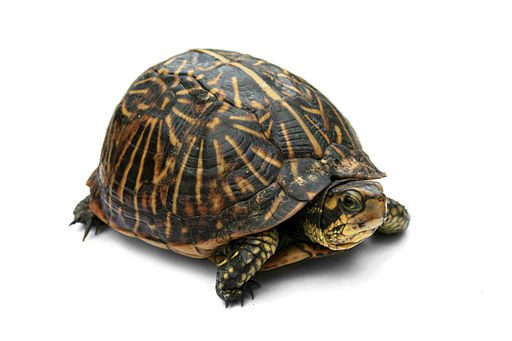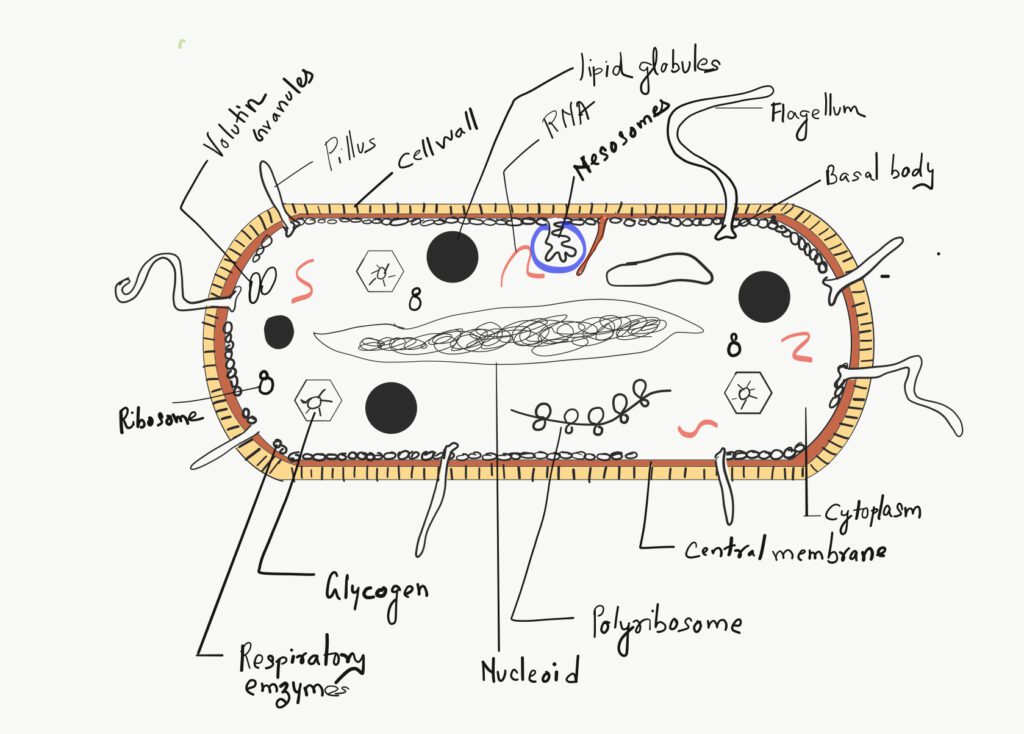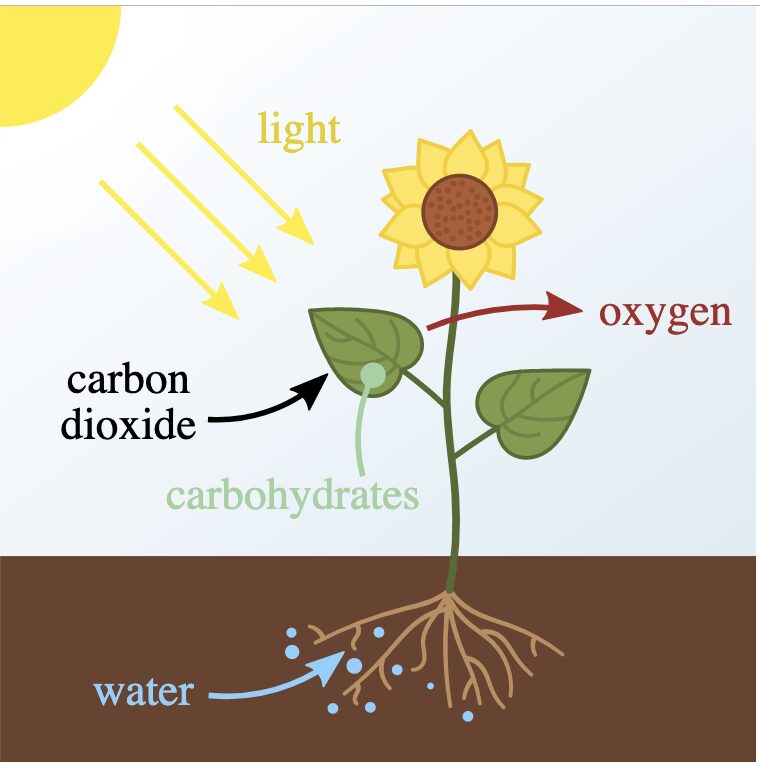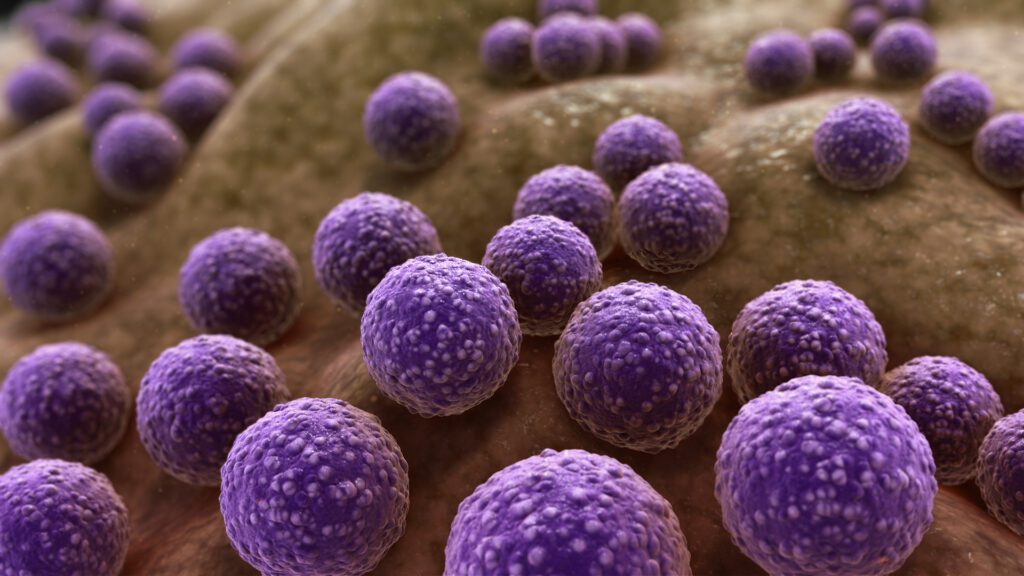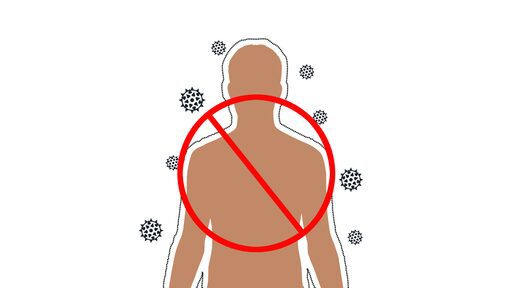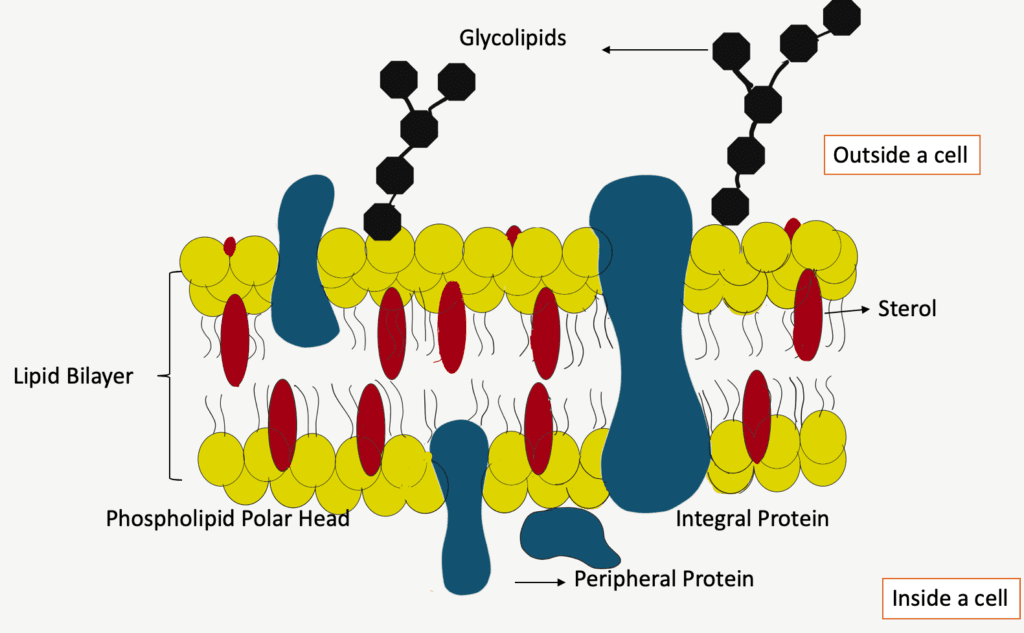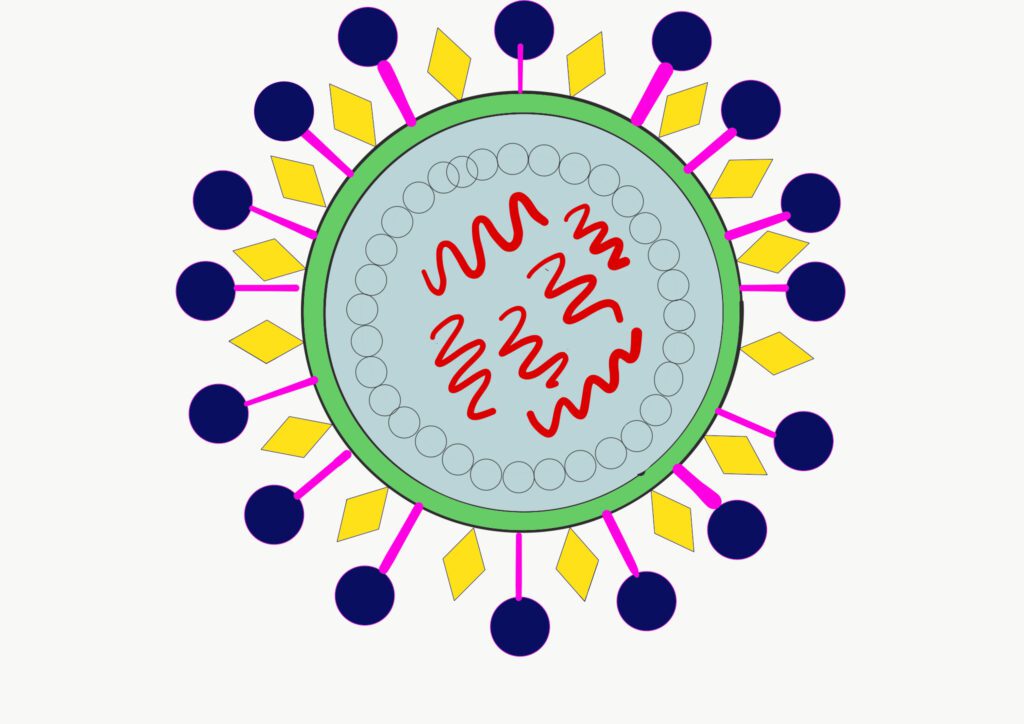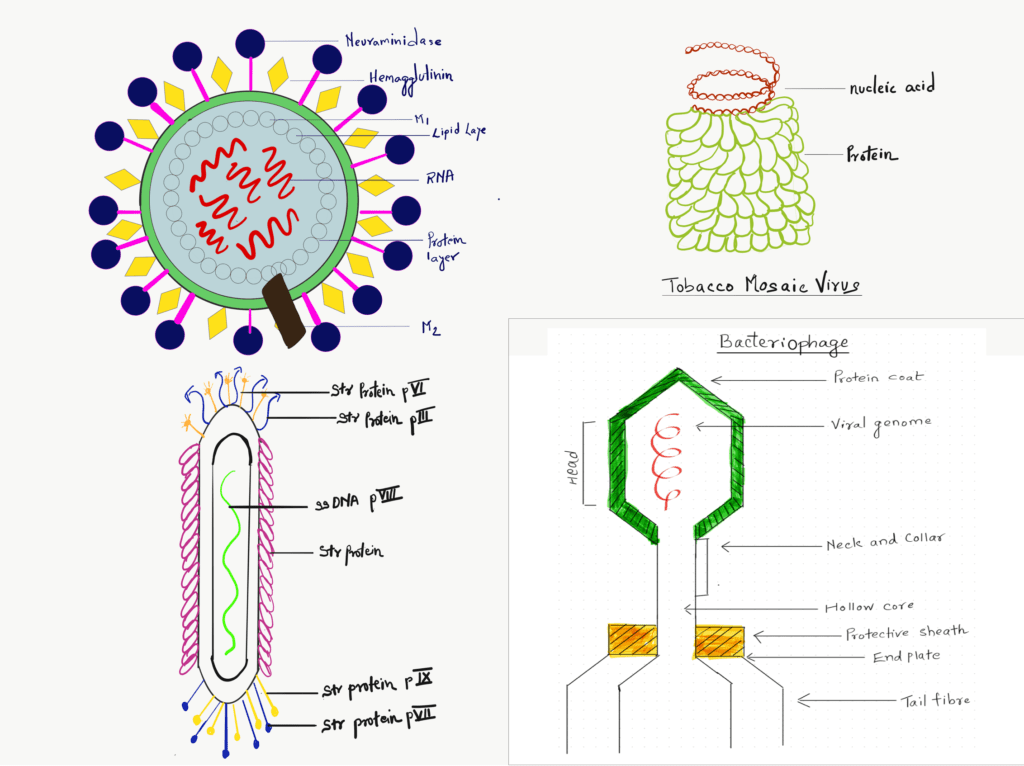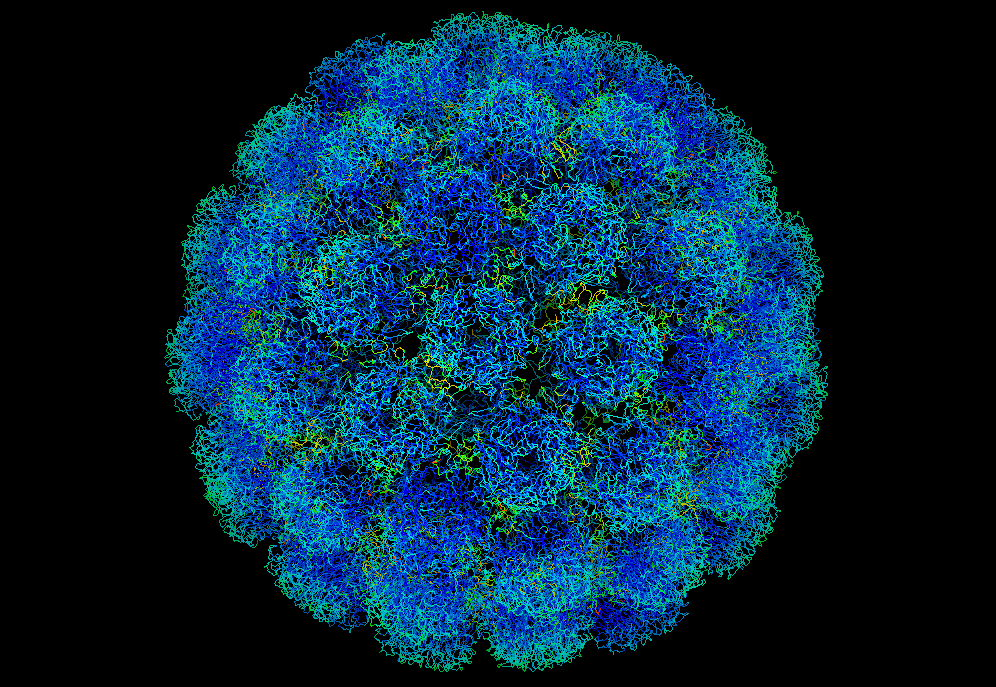Difference between Turtle and Tortoise
Introduction Turtle and tortoise both belong to the reptile category. That is they are ranked between the amphibians and birds. The reptiles again are divided into four main groups namely turtles, crocodilians, lizards, and snakes. Turtle and tortoise are different from other reptiles as their bodies are surrounded by boney shells having horny shields. they […]
Difference between Turtle and Tortoise Read More »

